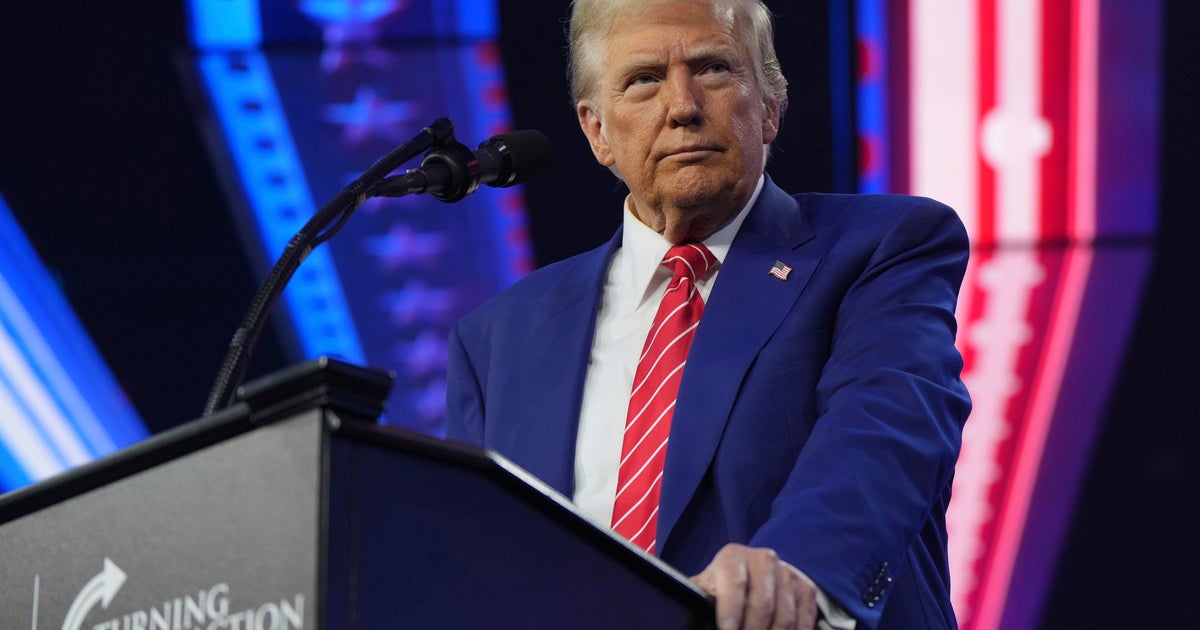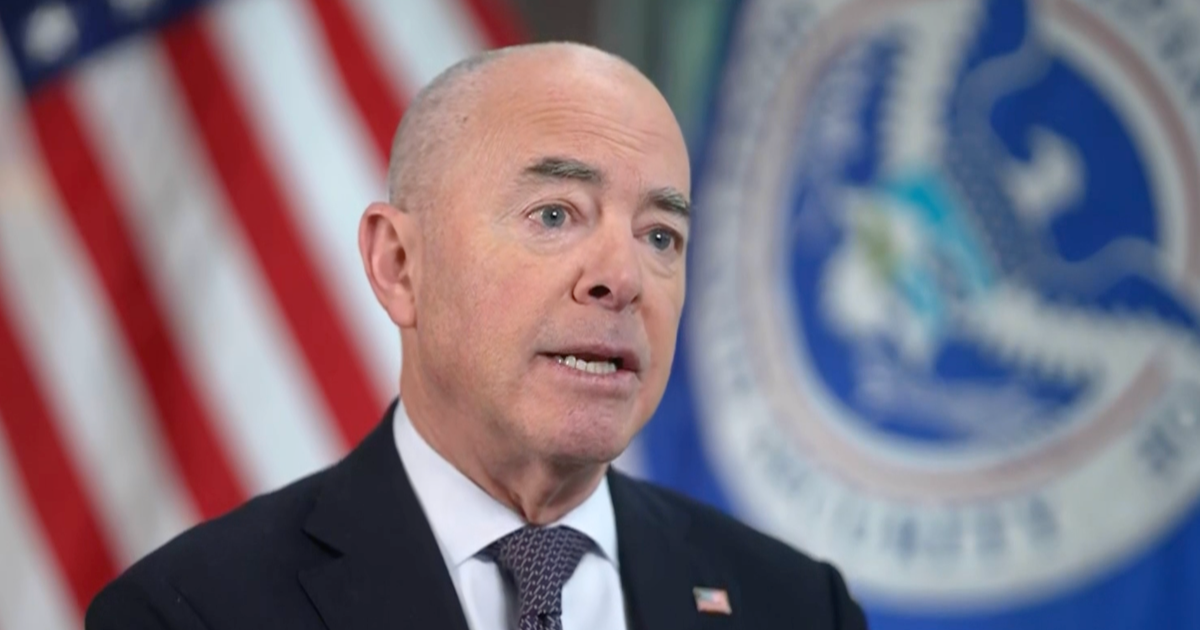Former U.N. ambassador slams Trump's "reckless" foreign policy
President Obama's second ambassador to the United Nations slammed the Trump administration's foreign policy agenda. Samantha Power told "Face the Nation" on Sunday that America's ability to lead on the world stage has been undermined by a "reckless" approach of "attacking" allied nations and "cozying up" to repressive governments around the globe.
She acknowledged that the U.S. can't bear all of the responsibility to uphold human rights, peace and stability across the world and that allied countries need to do more to help the U.S. fulfill these post World War II commitments — something President Trump has long insisted on. But Power stressed that she believes the foreign policy approach of her administration was starkly different from that of the current one.
"There is a major difference between the current approach of attacking our democratic institutions at home, undermining our ability to lead internationally, attacking our allies, cozying up to abusive regimes, alienating everybody so if you need them in the face of a crisis it's going to be very hard to pick up the phone and actually get people to come into your coalitions," she said.
Power, a longtime proponent of military intervention to stop human rights abuses, said she disagreed with her former boss, Mr. Obama, on one important foreign policy move — or lack thereof — during his presidency: his decisions not to order a strike on military bases in Syria operated by forces loyal to strongman Bashar al-Assad in the wake of chemical attacks that killed hundreds of civilians.
But she noted that Mr. Obama's decision stemmed from Congress' refusal to give him the authorization to use military force against the Assad regime and the public's war "fatigue" because of the intractable conflicts in Iraq and Afghanistan.
Asked why she didn't resign over this important disagreement — especially as many have urged Trump administration officials to resign on principle because of the president's governing style and policies — Power suggested the two scenarios are drastically different.
"I would draw distinctions between locking children up in cages and so forth and making, I think, a reasonable decision that U.S. military force alone would not have brought the war to an end," she said.




